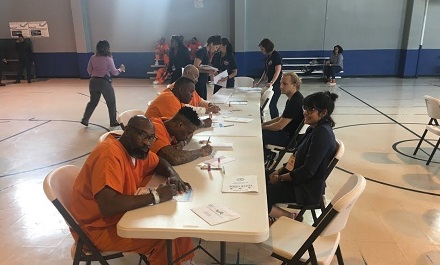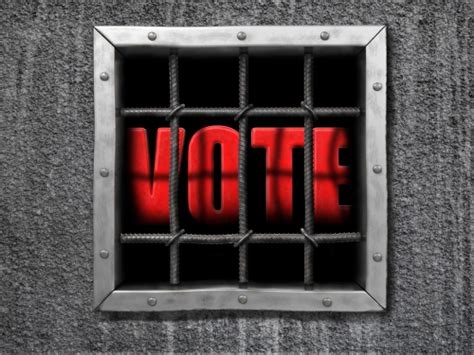





| TILLAMOOK COUNTY FAIR - 100 YEARS OF PIG N'FORD |
| Wednesday, August 6, 2025 at 10:00 am |
| The Tillamook County Fair received its recognition as one of the top ten Blue Ribbon Fairs in the nation due to its uniqueness; offering so much for fairgoers to enjoy free along with their paid admission. Fairgoers can enjoy all of the Open Class and 4-H/FFA exhibits that Tillamook County residents have prepared the year prior, free entertainment and concerts, live exotic animal displays, and a whole lot more! FOR MORE INFORMATION tillamookfairoffice@gmail.com (M-F, 8 AM-5 PM) at (503) 842-2272. Reminders: NO OUTSIDE FOOD OR DRINK All bags are subject to search For the safety of all present, only trained service animals are permitted to enter Fairgrounds property. A trained service animal is any guide dog, signal dog, or other animal individually trained to do work or perform tasks for people with disabilities. |
| 4603 East 3rd Street Tillamook, OR, 97141 |

A D V E R T I S E M E N T

A D V E R T I S E M E N T
“A person who has left the place of the person’s residence as part of the person’s confinement in a jail, prison or correctional facility, including a local correctional facility as defined in ORS 169.005 or a youth correction facility as defined in ORS 420.005, who has not established another residence for voter registration purposes, and who does not have a place in which habitation is fixed, may not be considered to have changed or lost residence. The person may register at the address of the place the person’s residence was located before the person left.â€
 Oregon’s inactive voter purge was expanded from 5 to 10 years by Secretary of State Richardson, and there is no systematic purge of other voter recorders for people moving in and out of the state. According to Janice Dysinger of Oregonians For Fair Elections. "Any law that allows a voter to register at an address where they do not live will weaken the authenticity of the electorate for a district. It creates 'phantom voters'. This practice creates an opportunity for cancelling out the voice of the true residents of the district. Elected Officials are to represent the district's voice. If the district is made up of fake voters it is corrupted. Every voter in a district needs to be an authentic voter living in that district.â€
Oregon’s inactive voter purge was expanded from 5 to 10 years by Secretary of State Richardson, and there is no systematic purge of other voter recorders for people moving in and out of the state. According to Janice Dysinger of Oregonians For Fair Elections. "Any law that allows a voter to register at an address where they do not live will weaken the authenticity of the electorate for a district. It creates 'phantom voters'. This practice creates an opportunity for cancelling out the voice of the true residents of the district. Elected Officials are to represent the district's voice. If the district is made up of fake voters it is corrupted. Every voter in a district needs to be an authentic voter living in that district.â€
| Post Date: 2021-01-19 19:46:59 | Last Update: 2021-01-19 20:49:10 |